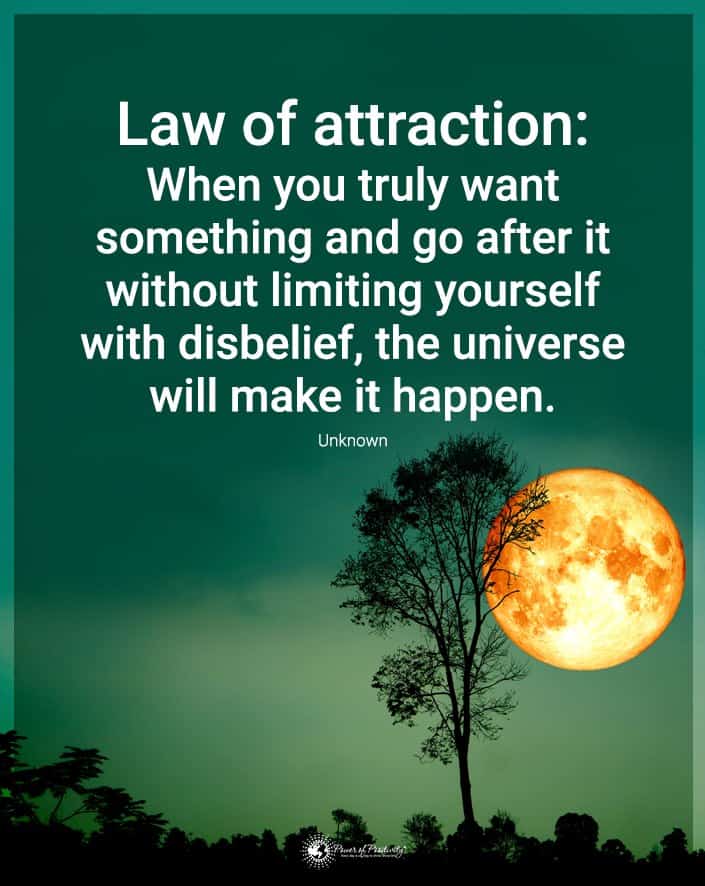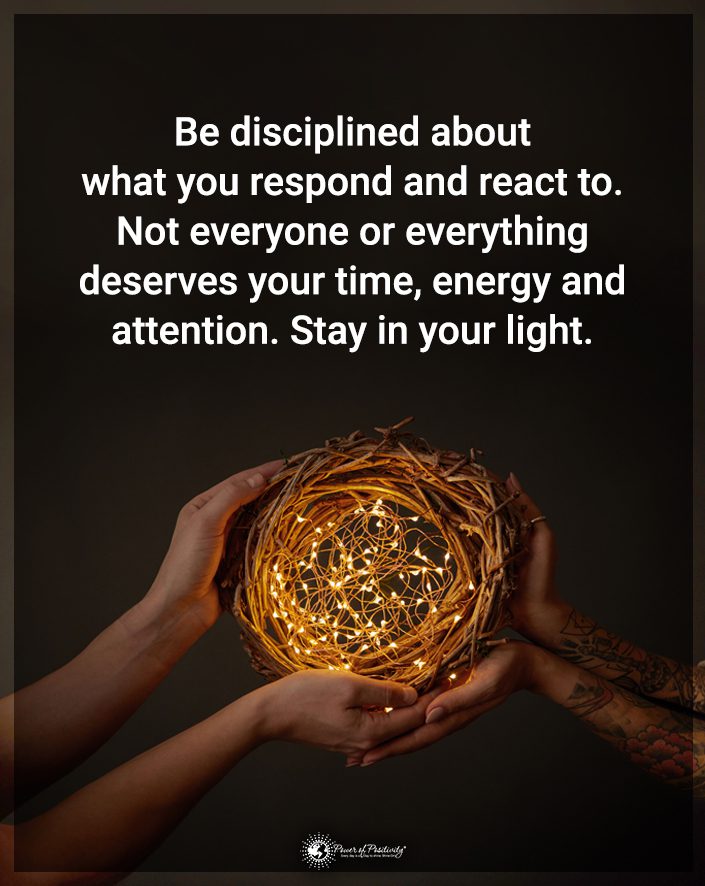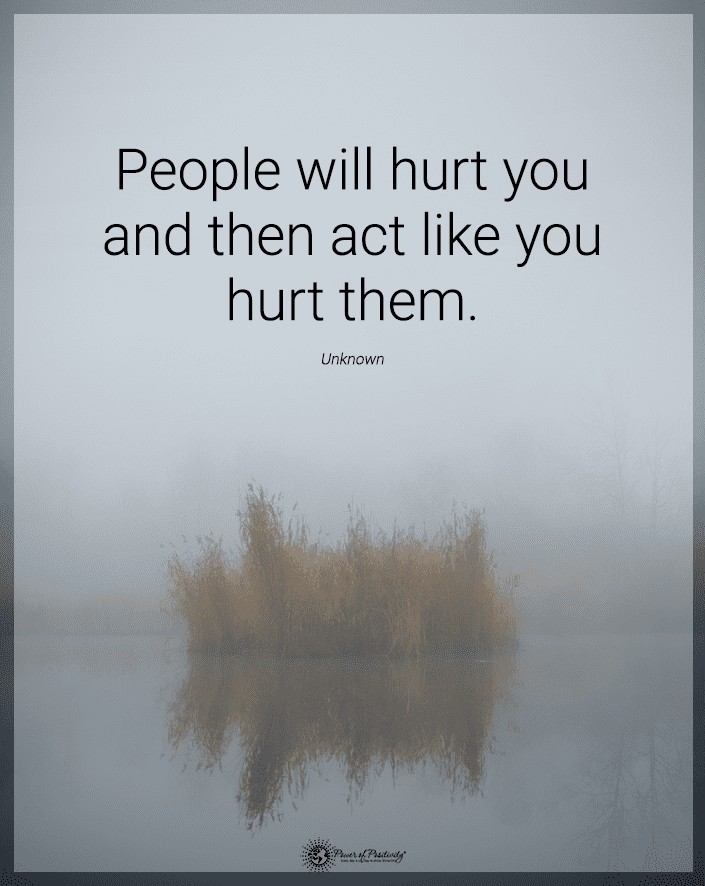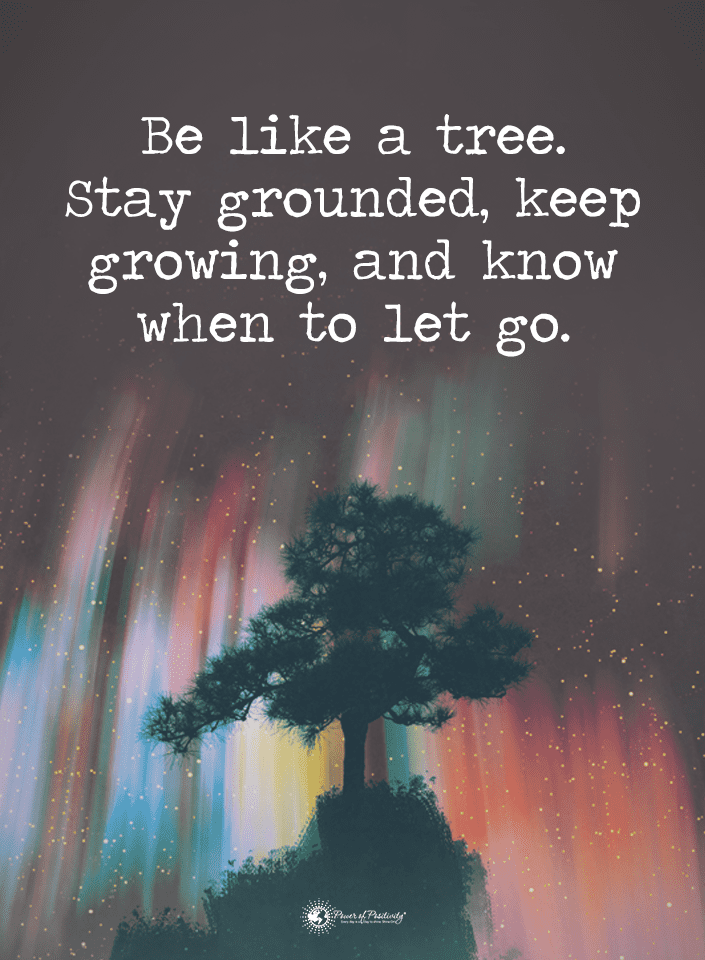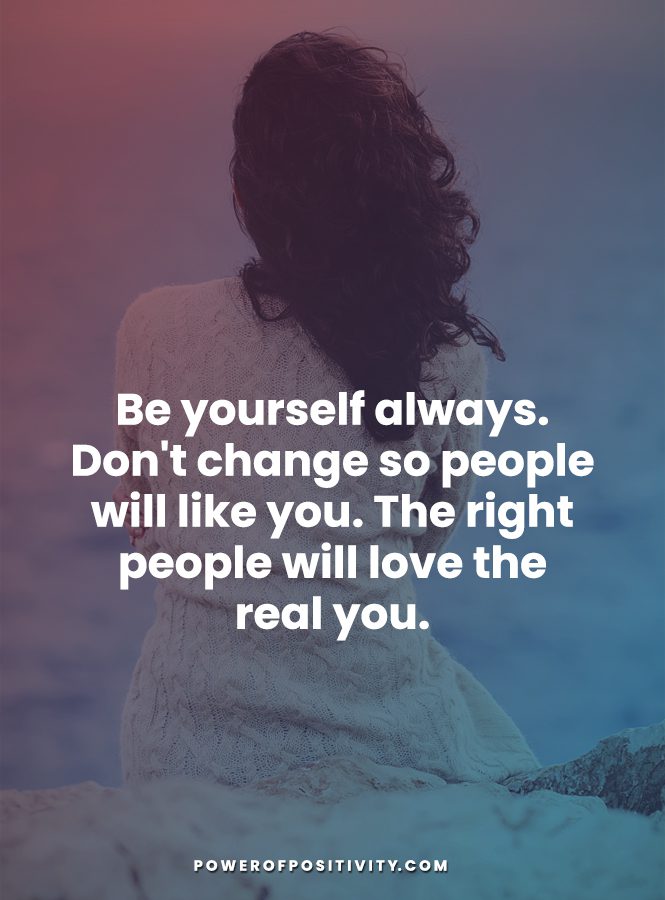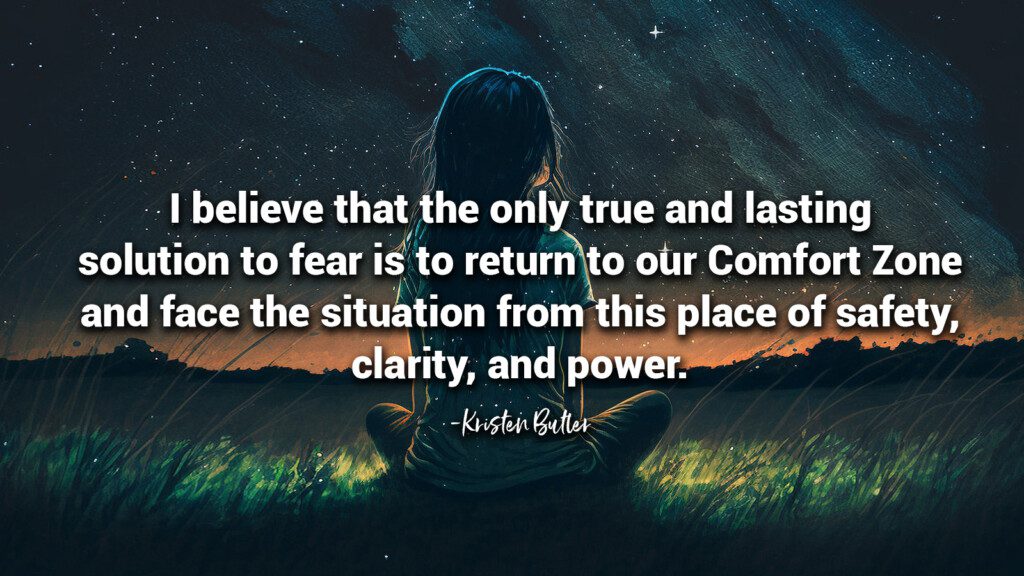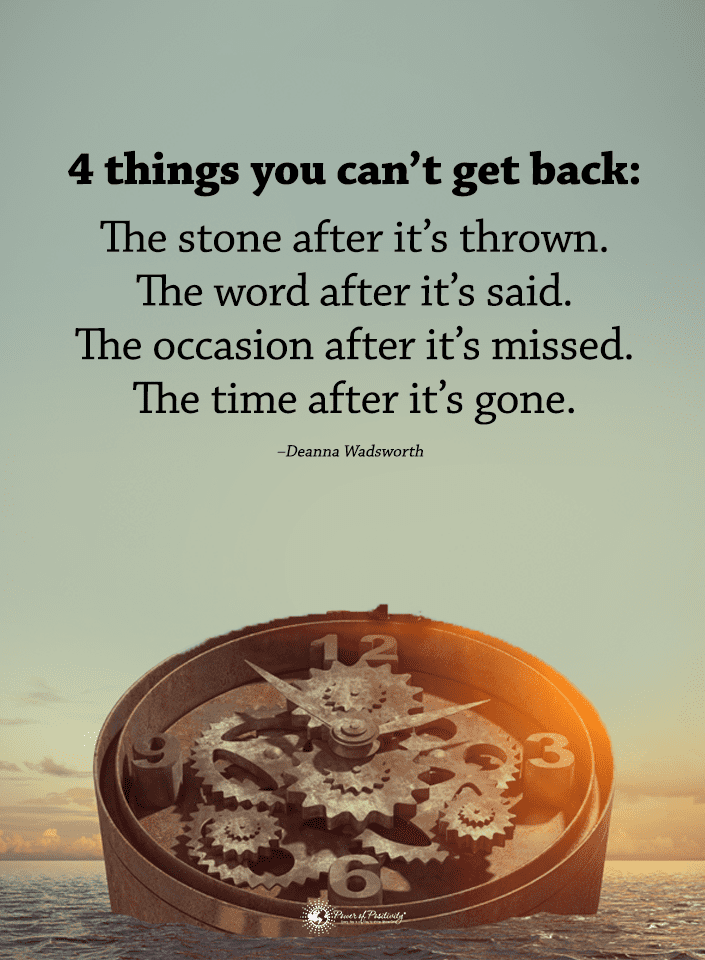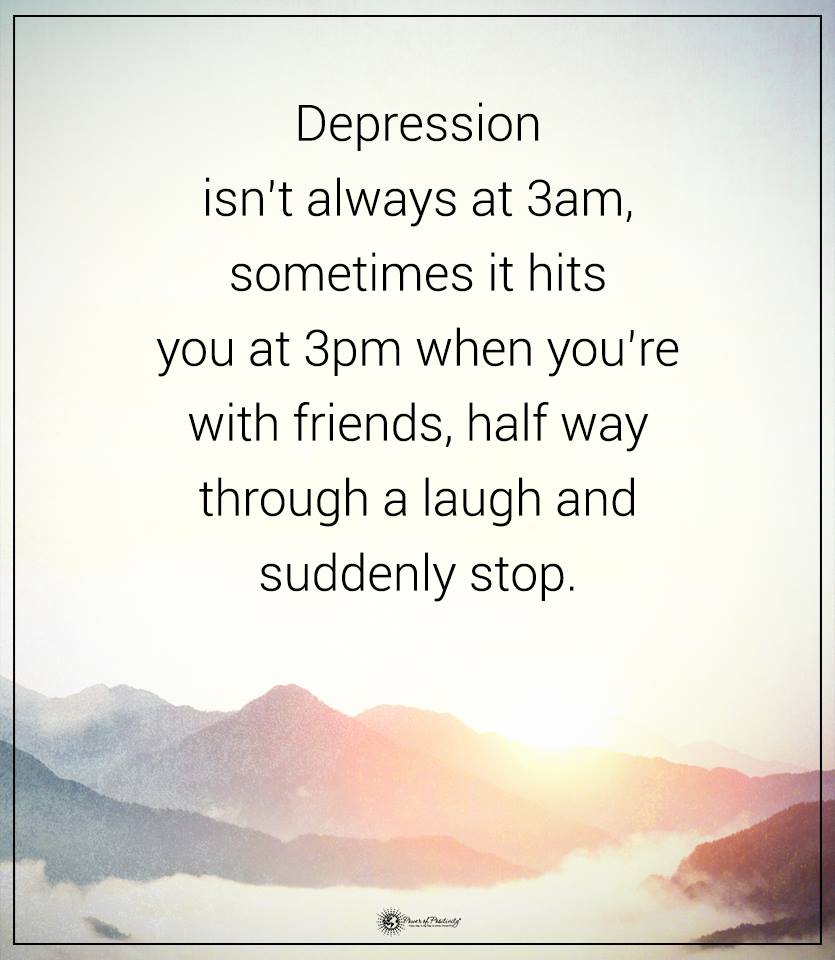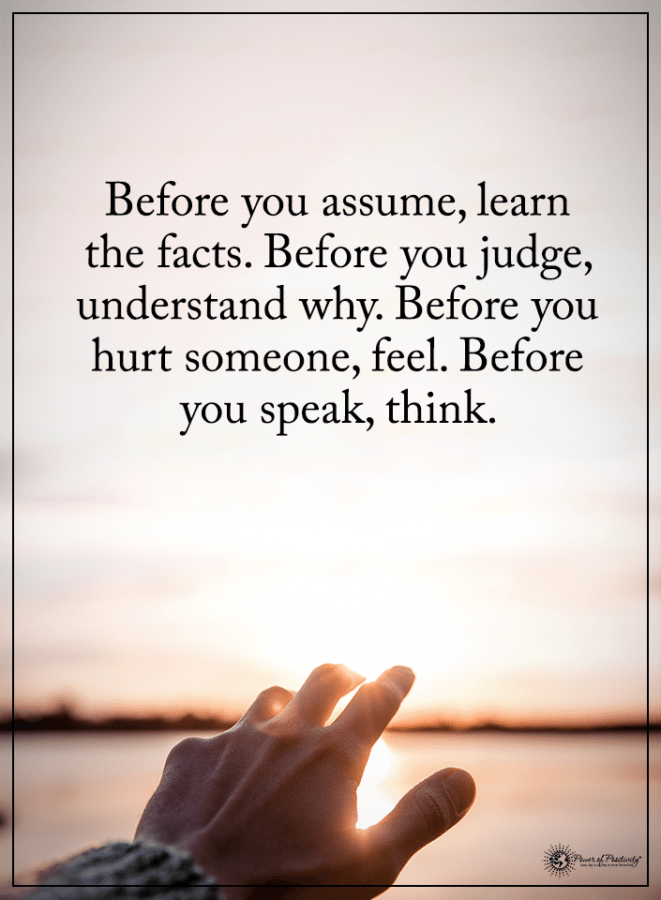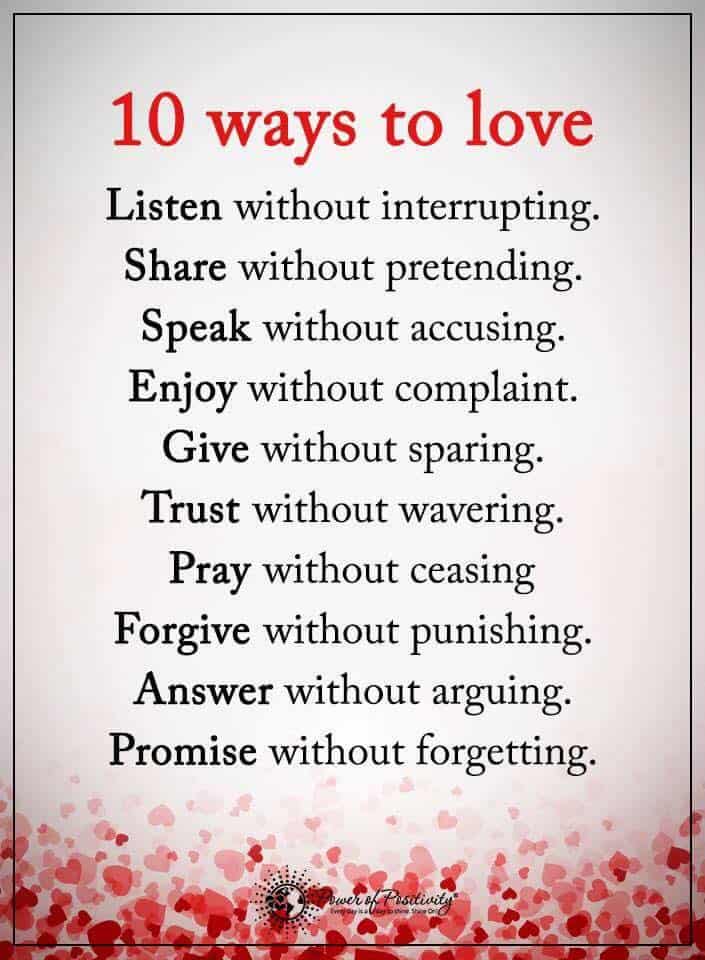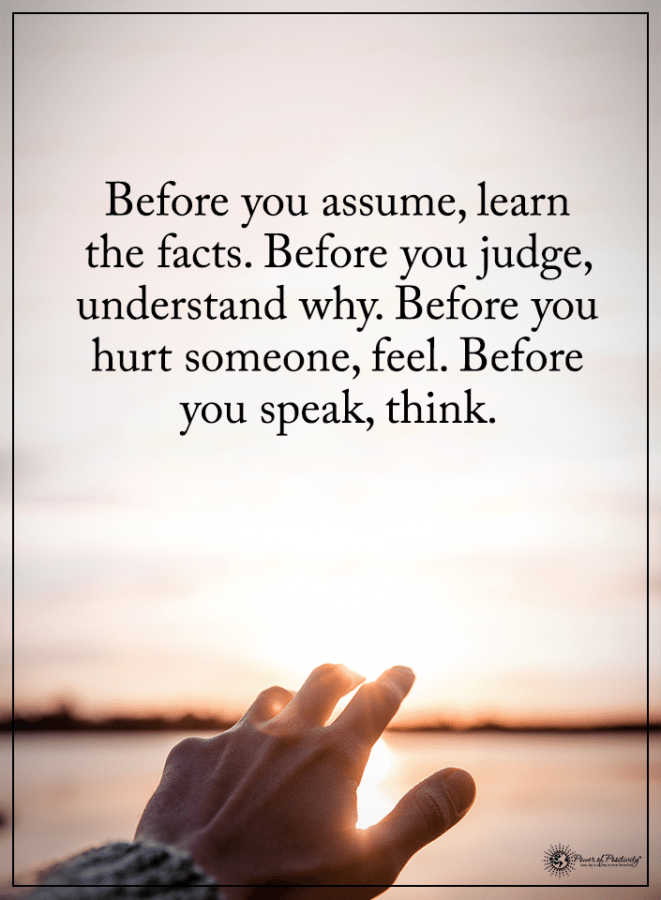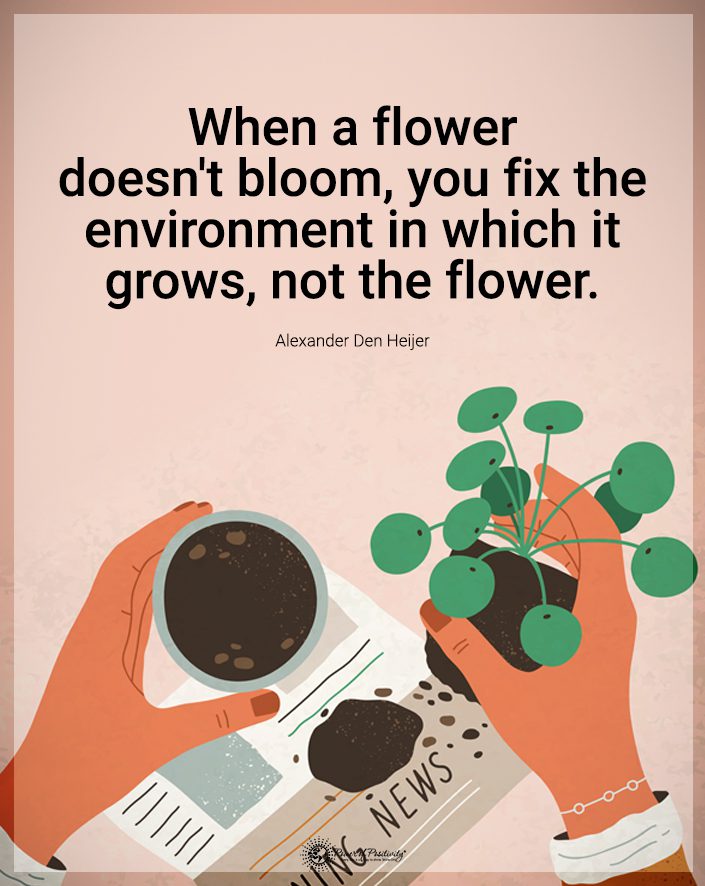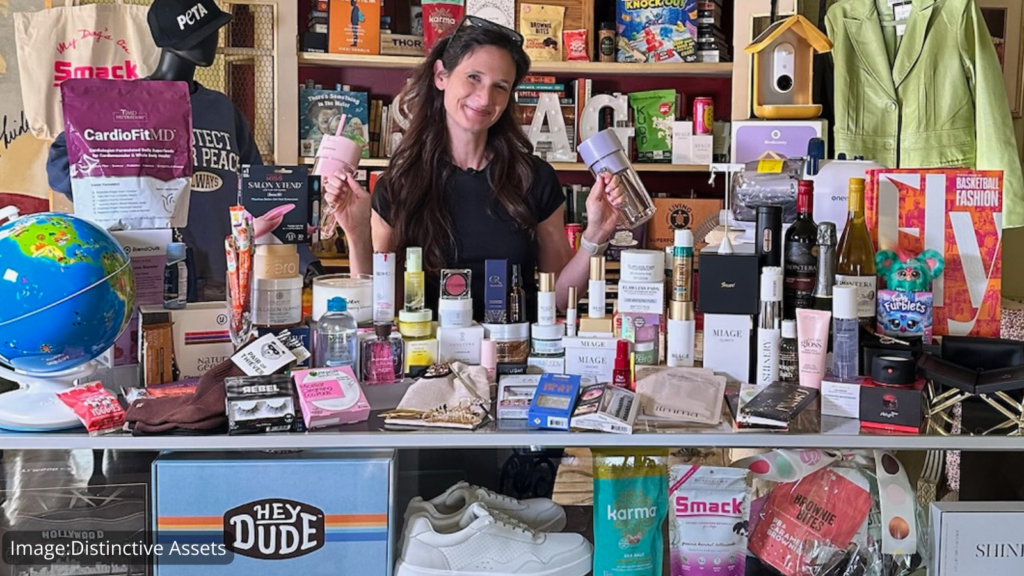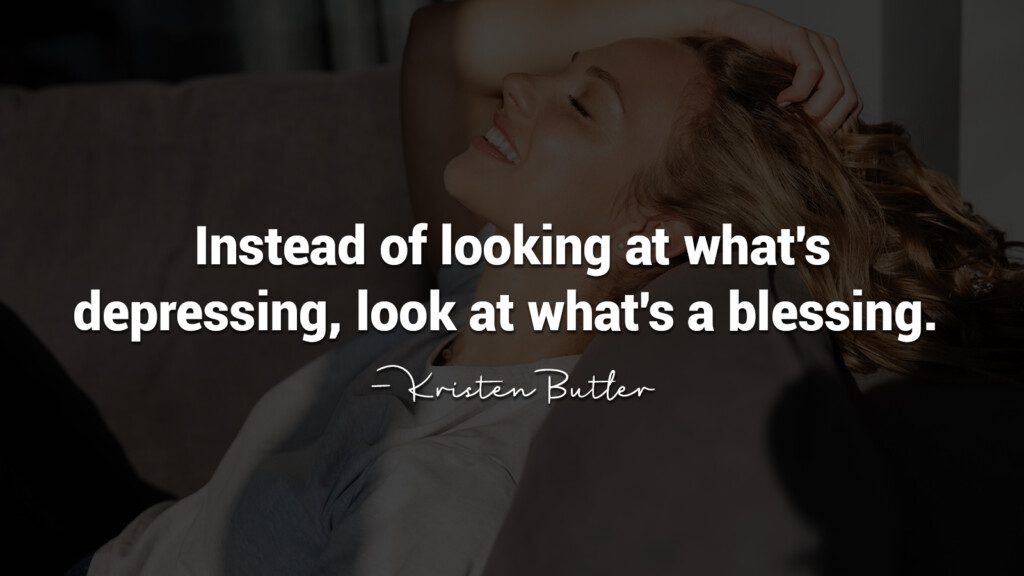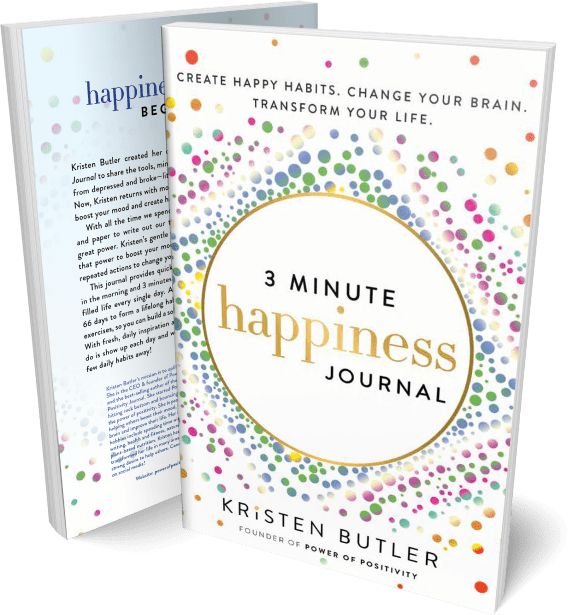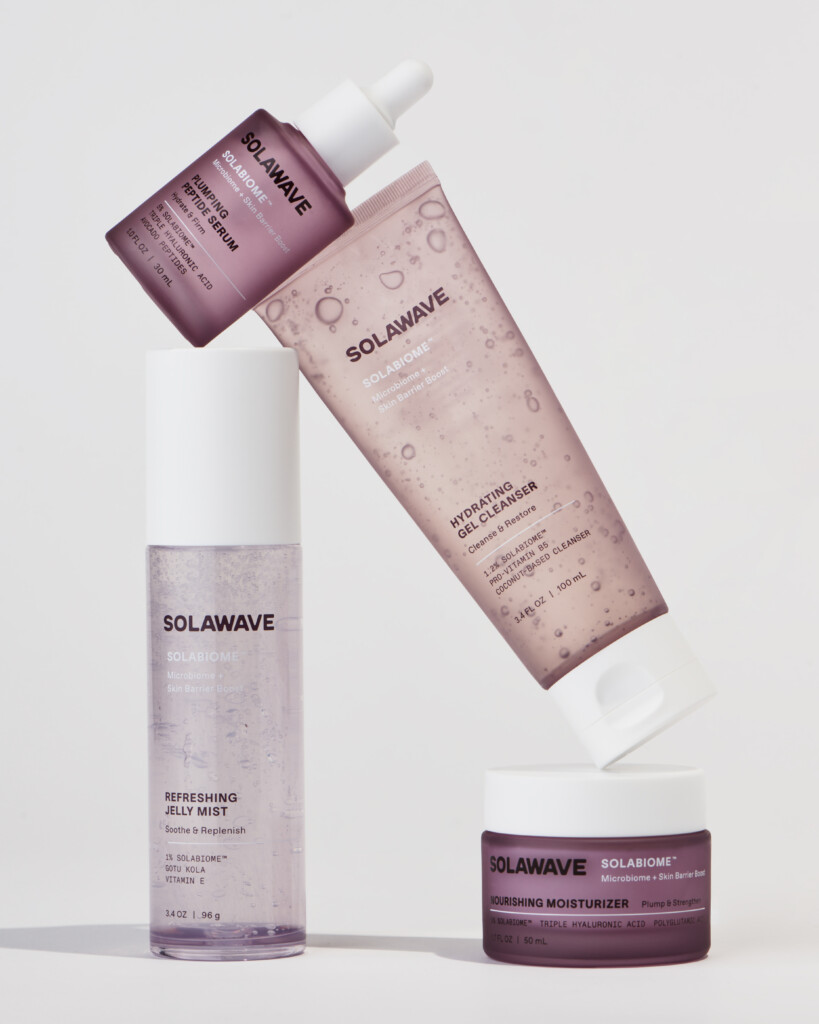Chemistry goes far beyond physical beauty.
When we think about attraction, it’s easy to jump straight to thinking about a partner’s physical appearance. After all, a stunning smile or captivating eyes first might draw our attention. But, looking deeper, it becomes evident that the chemistry in strong relationships often extends far beyond just good looks.
This article will look at how different factors play into attraction. Many are looking for someone who has a good personality, a funny sense of humor, shared values, intelligence, or the ability to “keep it real.”
The Undeniable Role of Chemistry in Attraction
Before looking into the often-indefinable qualities that make someone attractive, let’s take a look at chemistry – the initial pull toward someone. This concept is real, with studies describing the link between chemistry and attracting a partner or mate.
Chemistry in attraction is akin to a mystical force. It is an elusive “spark” that ignites when two people connect. It’s an unspoken, often instantaneous bond transcending mere conversation or physical appeal. Imagine it as a secret language only understood by the hearts involved.
This chemistry arises from a complex blend of inexplicably aligned physical, emotional, and intellectual compatibilities. It’s like a dance where both partners move in perfect harmony, often without understanding the steps.
The Intangible Nature of Chemistry
What makes chemistry so fascinating is its intangible nature. You can’t see it or touch it. You cannot measure it. Still, its presence is undeniable. It’s in the way your heart skips a beat when that person is near. Or, it is how a simple conversation can light up your entire day. This chemistry is often felt in a shared glance or a lingering touch. You can also see it in that effortless conversation that could go on forever.
It’s more than just shared interests or physical attraction. Rather, it’s a deeper connection that makes you feel understood, valued, and genuinely seen.
The Unpredictability and Magic of Chemistry
The unpredictability of chemistry adds a layer of magic to the concept of attraction. It’s not confined by our usual preferences or the “types” we typically go for. This unpredictability is what makes chemistry so exhilarating. You might find it with someone who, on paper, seems opposite to you, yet in their presence, you feel an undeniable connection.
Chemistry Defying Expectations
Chemistry often defies logic and expectation. It’s common to hear stories of people who met their significant others under the most unexpected circumstances or with someone they initially thought was not their “type.” This element of surprise in chemistry makes it all the more intriguing. It challenges our notions of what attraction should be, pushing us to explore connections outside our comfort zones.
The Transformative Power of Chemistry
The presence of chemistry can transform how we view someone. It can turn an ordinary encounter into something profound, leaving a lasting impression that continues to resonate. Chemistry can make someone’s imperfections seem endearing, their quirks charming, and their presence indispensable. It’s a reminder that attraction is not just about ticking boxes or aligning with preconceived standards but about the unique and often unexpected connections we form with others.
We cannot ignore the role of chemistry in attraction. It’s a powerful, often unexplainable force that is pivotal in connecting with others. With its unpredictability and transformative power, this chemistry adds depth and excitement to the human experience of attraction. It reminds us that sometimes, the most profound connections are the ones we never saw coming.
The Role of Personality in Attraction
Personality plays a crucial role in how we perceive others and how they perceive us. Qualities like kindness, humor, and intelligence often rank high on the traits that make someone attractive. These characteristics can create a magnetic pull that is just as strong, if not stronger, than physical appeal.
Humor and Attraction
Humor, in particular, has a unique power in the realm of attraction. A shared laugh can bridge gaps, ease tensions, and build a connection that transcends physical appearance. When someone makes us laugh, they light up an area of our brain that associates them with joy and positivity, making them more attractive in our eyes.
Intelligence and Emotional Connection
Intelligence, both emotional and intellectual, plays a significant role in attraction. Holding a stimulating conversation or empathizing with our feelings can create a deep, lasting attraction. This emotional connection often grows stronger over time. Indeed, it will usually outlive the initial allure of physical attractiveness.
Physical Attraction: Beyond the Surface
While physical attraction is, without a doubt, a part of the equation, it’s more complex than it seems. It’s not just about the symmetrical features or a perfect body. It’s sometimes the imperfections that draw us in.
We may also admire how someone’s eyes light up when they talk about their passion, the infectiousness of their genuine smile, or how they move – all these elements can be incredibly attractive.
The Science of Physical Attraction
Science tells us that physical attraction isn’t just about societal beauty standards. It’s often rooted in biology and evolution. For instance, certain physical traits might subconsciously signal health or fertility, making an individual more appealing. But it’s essential to remember that these preferences can vary greatly from person to person.
The Impact of Shared Interests and Values
Sharing common interests and values can be a significant factor in attraction. Meeting someone who loves the same music, enjoys similar hobbies, or shares our worldview creates a sense of camaraderie and understanding. These shared experiences and beliefs can form the foundation of a strong, enduring attraction.
The Role of Values in Long-term Attraction
Values, in particular, are critical when it comes to long-term relationships. When our core beliefs and principles align with someone else’s, it fosters a deeper level of respect and admiration. This alignment can be a powerful force in sustaining attraction over time.
The Influence of Confidence and Self-Esteem
Confidence and self-esteem are often cited as highly attractive traits. Something is compelling about someone who carries themselves with a sense of self-assurance. This doesn’t mean arrogance or ego but rather a quiet confidence that speaks to self-awareness and self-respect.
The Attraction of Authenticity
Part of what makes confidence so attractive is its association with authenticity. When someone is comfortable in their skin, it allows their true self to shine through. This authenticity is magnetic, drawing others towards them.
The Power of Body Language
Body language is a silent communicator in the world of attraction. Someone may first notice how someone stands facing them directly and then makes admiring eye contact. Or they may pick up on the subtlety of their gestures, like a small smile, which can convey attraction more powerfully than words. These non-verbal cues often speak the loudest in the initial stages of attraction.
Understanding the Subtleties of Body Language
Reading and understanding body language can provide insight into how attraction works. A tilt of the head can mean curiosity to learn more about you. You might also notice the direction of someone’s feet pointing toward you in approach. Or, you might notice the mirroring of your movements. Each of these can indicate attraction.
Final Thoughts on Why It’s Time to Admit That Attraction Is More Than Looks
Attraction is a multifaceted phenomenon that transcends mere physical appearance. It’s a blend of personality, shared interests, confidence, body language, and that mysterious spark of chemistry. Understanding these elements can enrich our relationships. It can also broaden our perspective on what makes someone attractive. Remember that attraction is a symphony. It is not just a solo performance, and it takes two to participate. This complexity makes it so intriguing and beautiful.



